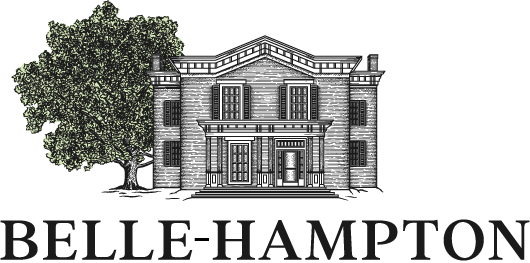Life Is Not Fair?
Growing up in a poor suburb of Chicago, I attended a Catholic school with a requirement to wear a uniform. One day a month, to get the uniforms clean, we could wear a nice dress, pants not being an option. The other girls had beautiful fancy dresses from Marshall Fields while I wore handmade boxy shift type dresses. When I asked my parents for the latest store-bought fashion, they refused since they could not afford frivolous purchases raising five daughters. While I was whining about not getting store-bought clothes, my dad would say, "Life is not fair," in response to my complaints. But aren’t we taught the importance of being fair and equal?
According to Webster, fair is defined as "marked by impartiality and honesty: free from self-interest, prejudice, or favoritism." On the other hand, Equal is defined as "of the same measure, quantity, amount, or number as another.” How can we be fair and equal at the same time?
Here is an example; growing up in a family business, my grandparents reached an age they needed to sell. Without a succession plan and no family members willing to continue running the business, there were no other options. My uncle had eight children. His sister, my mom, had five children. When the company sold, finances were not divided equally between the two siblings. However, it did get divided equally among the grandchildren to start a savings account for their education. Was that fair?
The purpose of the money, decided by my grandparents, determined how it was allocated. They valued education and wanted each grandchild to have an equal opportunity to benefit from their hard work in the business. The money perpetuated the family values for generations to come. It was not about equality, but fairness about what mattered to them most, education.
Teaching family members about the difference between fair and equal can be demonstrated with various activities. Our family proved this lesson with a scavenger hunt. One of the scavenger hunt tasks was to find a brick to bring back to the house. Unbeknownst to our three boys, the brick they chose would tell the story. One of them picked up a small brick since he didn’t want the burden of carrying the weight around during the hike. Another picked a full-sized brick since he wanted the weight to help train him for a future expedition. In comparison, the third son picked one in between the two sizes just because.
We explained that, as with a family business, someone might be carrying extra weight. They might be working in the industry, dedicating their life to its success. Another might be working independently, only coming back for family meetings or celebrations. It may have been their choice, but would it be fair to divide the company up equally? Is it fair to give the one person credited with its success a different portion? Maybe, maybe not.
The purpose of the inheritance after someone passes away should be discussed while they are alive. The movie "Knives Out" comes to mind when the heirs to the family fortune find out they are cut from the will, giving away the family fortune to the caregiver. Although this dysfunctional saga is an extreme example, not expressing the money's intent for the next generation is likely to cause a disconnect in family harmony. It isn’t the size of the inheritance that can destroy the family from within, but the lack of direction.
Deciding on a family strategy can bring family members closer by learning trust. Understanding what is fair in terms of the strategy will put everyone's mind at ease once the patriarch is gone. When working together on the family legacy strategy, all parties will be able to contribute with their unique talents and dreams. Fairness will be fleshed out, and everyone can contribute equally.
Does your family know the difference between Fair and Equal?

